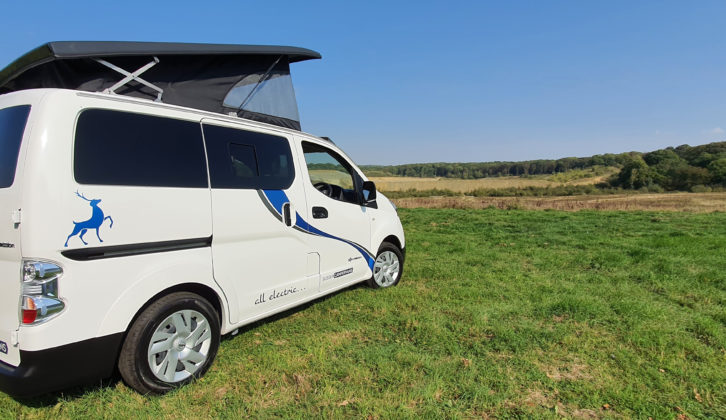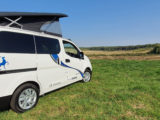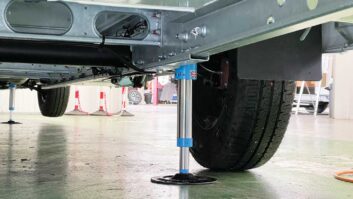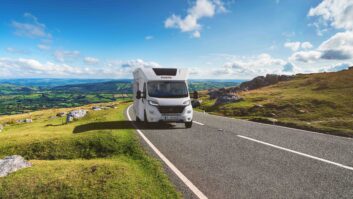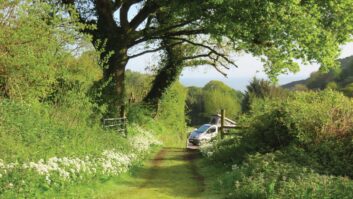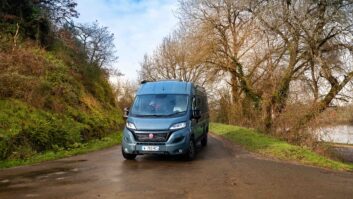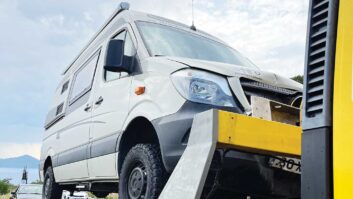Motorhomes could soon be unaffordable if the government presses ahead with its plan to bring forward the ban on the sale of new diesel and petrol vehicles to 2030, the National Caravan Council is warning.
The plan to move such a date forward by ten years was confirmed in the government’s Ten Point Plan for a Green Industrial Revolution, released this week.
The NCC says developing an all-electric engine capable of powering a motorhome weighing over 3,500kg before 2030 is a huge challenge. It warns that sticking with such a plan would encourage motorcaravanners to keep hold of older, less efficient vehicles, or even to give up motorcaravanning in favour of flying long haul or cruising – with the resulting rise in emissions and loss to the UK tourism industry.
The news of the confirmed plan comes just a few days after the NCC was celebrating after the government scrapped plans to introduce a new graduated vehicle excise duty system next April that would potentially have greatly increased taxes on motorhomes.
Daniel Lopez-Ferreiro, managing director of Sussex Campervans, which earlier this year brought out the first all-electric campervan, based on a Nissan e-NV200, said that while sales of pop-top campervans like his own are going very well, making the change would be a challenge, especially for larger coachbuilts.
He thought the government would be wiser to offer a special derogation for motorhomes to give them another 10 years to make the change. “They have already given derogation in other areas such as type approval,” he said.
He said base vehicle manufacturers he said have been slow off the mark in moving to electric. “The big issue is payload – once you have heavy batteries on board there is not a lot of room left for a motorhome,” he said.
However a spokesperson for the Electric Vehicle Association England said base vehicle manufacturers would very likely speed up the development of electric vans now. She said, “Ford Transit and the PSA trio already have significant 50-75kWh battery packs. They will provide the OEM basis for motorhome manufacturers to build on.”
A spokesperson for the Electric Vehicle Association England said base vehicle manufacturers would very likely speed up the development of electric vans now
